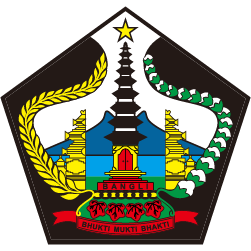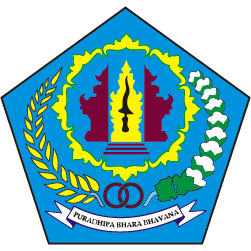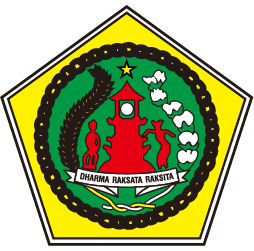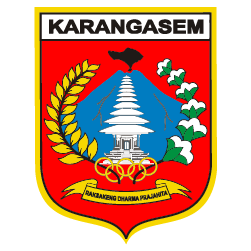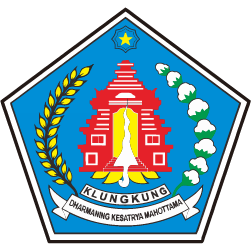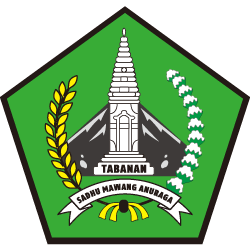Telajakan, An Open Green Spaces In The Yard Of Traditional Balinese Houses
Telajakan, An Open Green Spaces In The Yard Of Traditional Balinese Houses.
Every culture has rules in living every aspect of life. On the Island of the Gods, there is a tradition of managing the yard in the house building arrangement. This tradition is known as telajakan which plays a role in maintaining the balance of the home environment.
Telajakan is located at the very front of the house. The distance from the road body varies, generally approximately two meters. The slope is soil that cannot be covered with cement or concrete. Its function is for green open space and as a water catchment area. One area in Bali that still follows this tradition is the Jasri Traditional Village, Amlapura City, Karangasem Regency.
Telajakan is local wisdom that is practiced by the community. This local rule is not written, or in Bali, it is known as awig-awig. In 2006 in the Jasri Traditional Village, a regional regulation was made regarding green open spaces or telajakan so that this rule is legal which is written in Peraturan Daerah (Local Regulation) 17 concerning the Detailed Spatial Plan for the Amlapura Urban Area.
Uniquely, the slope as a catchment area can be used optimally. People can create gardens with plants that function as protectors, decorations, and cover crops. For cover crops, coconut trees are generally planted. As for decoration, ylang flowers, frangipani, hibiscus, and cempaka flowers are planted.
In addition to having an ecological perspective because it helps maintain the balance of nature, telajakan also has economic and social benefits. From an economic point of view, the yield of crop harvests can be used as an additional source of income. Besides that, on the social side, bale-bale is built as a space for interaction with local residents.
Based on the principles upheld by the Balinese people, there is a sekala or 'visible' associated with telajakan. Tejakan becomes a safety if something untoward happens on the road. For example, in the event of an accident, the slope is a protected area for the occupants of the house. Meanwhile, if it is based on the principle of niskala or 'the invisible', every flow of water and air must flow because if it is clogged it will be taboo.







